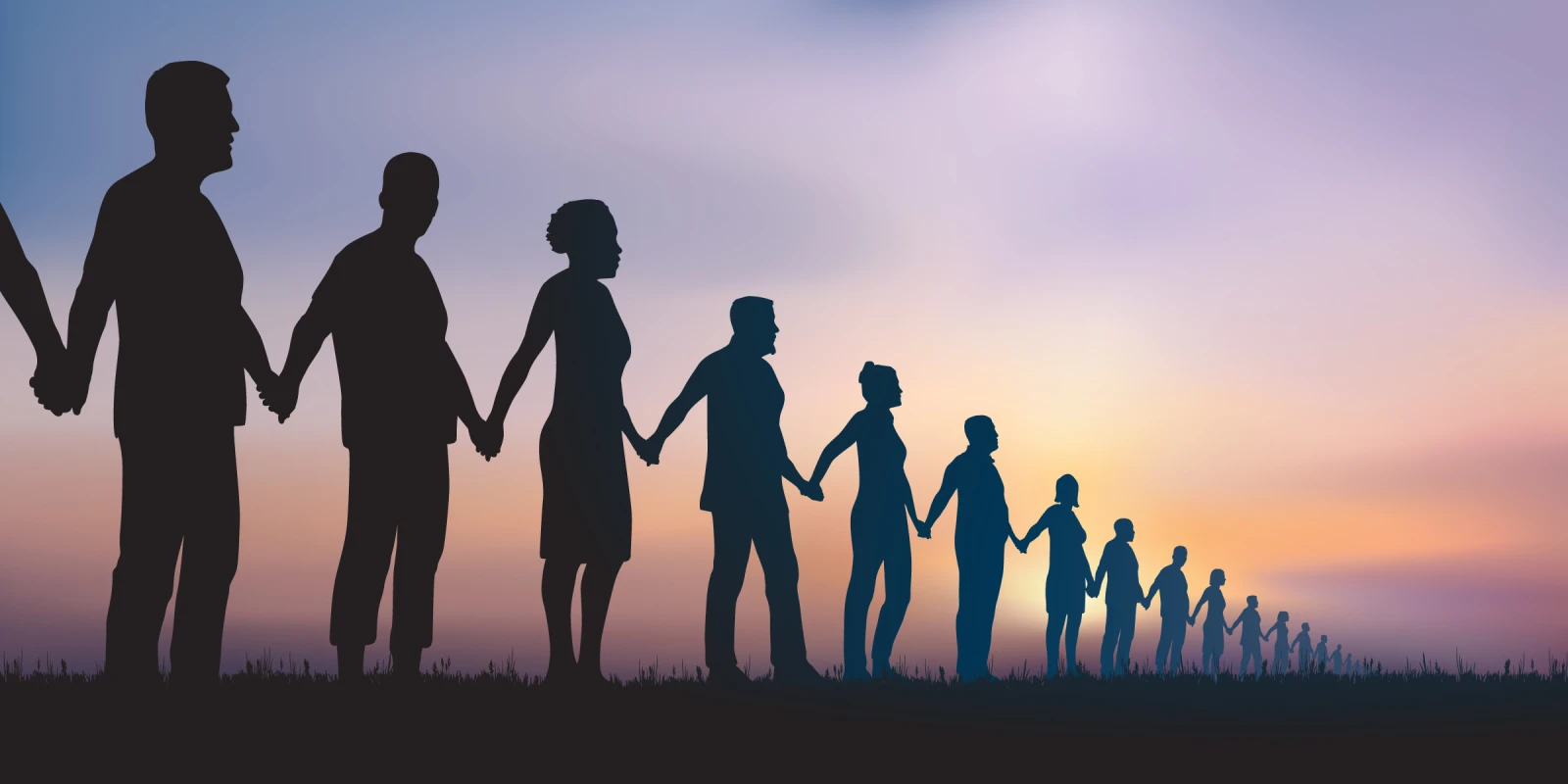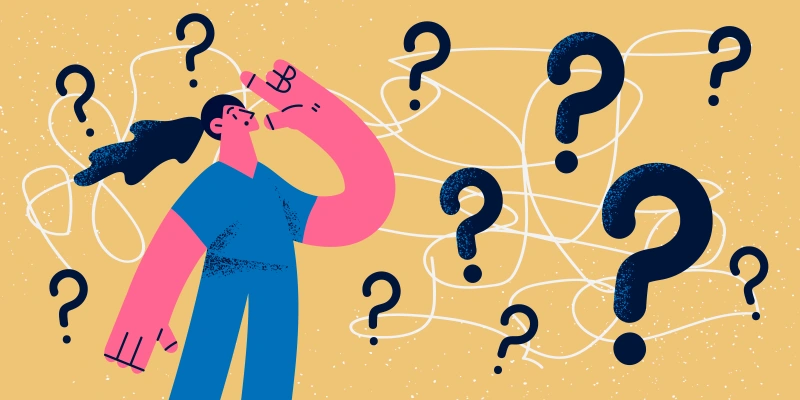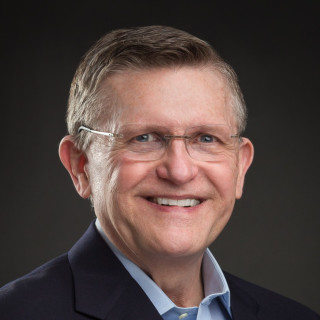In May, we celebrate Asian American and Pacific Islander (AAPI) Heritage Month to honor the courage and achievements of those in our community.
Asian Americans and Pacific Islanders have had a long history in the U.S., but AAPI history is missing from many American classrooms, from elementary to medical school. This month, we wanted to highlight the stories of several AAPI leaders in medicine, though it is nowhere near an exhaustive list.
- Dr. Anandibai Gopalrao Joshi of India and Dr. Keiko Okami of Japan were the first female physicians of their respective countries to graduate from a Western university.
- Dr. David Ho performed groundbreaking research in HIV/AIDS, including a breakthrough that challenged contemporary scientific beliefs regarding HIV replication. His work served as the foundation for modern “cocktail” antiretroviral therapy, and he was named TIME Magazine’s Person of the Year in 1996.
- Dr. Katherine Luzuriaga, in conjunction with Dr. Hannah Gay and Dr. Deborah Persaud, functionally cured an HIV-positive newborn by initiating antiretroviral medications within hours of birth. For this work, she was named one of TIME Magazine’s 100 Most Influential People in 2013.
- Dr. Vivek Murthy, the current U.S. surgeon general, was the first surgeon general of Indian descent and a cofounder of the nonprofit Doctors for America. He was first appointed as surgeon general under the Obama administration, and he will serve as one of President Biden’s top advisors regarding COVID-19.
- Dr. Helen Y. Chu, an American immunologist and infectious disease specialist, was the first physician to recognize community transmission of COVID-19 in the U.S. Defying state and federal disapproval, her team performed COVID-19 testing on samples collected from individuals throughout the Puget Sound region and prevented further delays of COVID-19 testing and control.
AAPI Heritage Month is also a reminder that we, as a society, still have plenty of work to do. In light of the recent spike in anti-Asian hate crimes, it is especially important this year to focus on activism and advocacy to #StopAAPIHate.
Nearly 4,000 hate incidents were reported to the Stop AAPI Hate reporting center from March 19, 2020 to Feb. 28, 2021. Anti-Asian hate crimes increased by almost 150% in 2020. The racial climate for AAPI persons was so terrible that we thought it could not get any worse. We were wrong. Since the beginning of 2021, anti-Asian attacks have increased in frequency and severity, including two mass shootings: one in Atlanta on March 16, 2021 and one in Indianapolis on April 16, 2021.
As AAPI health care workers continue to face threats, we are raising our voices and speaking out against anti-Asian racism. Several medical institutions have responded to anti-Asian racism with varying levels of support for their AAPI staff, but there is much that still needs to be done to address systemic issues.
Studies have shown that evaluators are more likely to give AAPI medical students (and other students from various racial and ethnic backgrounds) lower subjective grades or evaluations than white medical students. AAPI and Black medical students are significantly less likely to be included in Alpha Omega Alpha academic honor societies than white students, even after controlling for research publications, community service, and standardized test scores. A study found that 99% of AAPI residents have been called the wrong name before, and 93% have been questioned by patients about their credentials. AAPI professionals face a “bamboo ceiling” when it comes to promotion and are underrepresented in leadership positions.
Even though the umbrella category of Asian Americans and Pacific Islanders encompasses approximately 50 ethnic groups, with immense disparities between groups, we are often invisible when it comes to medical research. Only 0.2% of federal health-related grants and 0.01% of articles in the National Library of Medicine’s MEDLINE database even mention AAPIs.
These issues are not just the problem of a nebulous, impersonal “system” perpetuating inequities. Part of the issue is that there are individuals with racial biases working in the health care system, sometimes in positions of power. For example, a physician accused of using racist language would likely still be the president of Seattle Children’s Research Institute and an official at a required rotation site for medical students and trainees, if a courageous individual, Dr. Ben Danielson, did not protest. In another case, a VA hospital employee was arrested for hate crimes against multiple Asian women. Whereas these were highly publicized incidents, there are countless other cases involving unintentional acts of microaggression. A highly ranked attending, for example, was overheard making an off-color comment about two Chinese American staff members “supporting communism.”
We ask that you advocate for AAPI clinicians, hold staff accountable for incidents involving racism and bias, address inequities in employment and promotions, undertake bystander intervention training and apply it in real life, and support anti-racist nonprofit organizations such as Asian Americans Advancing Justice and Stop AAPI Hate.
This May, we hope the medical community will listen and continue to act. We do not ask for special treatment, just equal treatment. Let’s honor our heritage with liberty and justice for all, regardless of ancestry.
Is there an AAPI clinician who has supported or inspired your journey in medicine? Share your insight in the comment section.
Yuemei (Amy) Zhang is a resident physician in anesthesiology at the University of Washington and a board member in the Resident and Fellow Physician Union - Northwest. She is first-generation/low-income, attended Harvard for undergraduate studies with a need-based scholarship, and graduated from Yale with joint MD and MBA degrees.
Shuhong Guo is a resident physician in the anesthesiology program at the University of Washington. She is first-generation/low-income, grew up in a rural village in China, attended Beijing Normal University for undergraduate studies, and graduated from the Institute of Biophysics, Chinese Academy of Sciences with a PhD degree and from the University of New Mexico with a MD degree.





